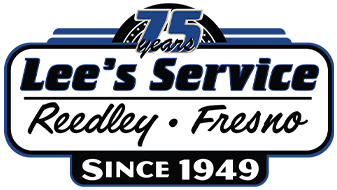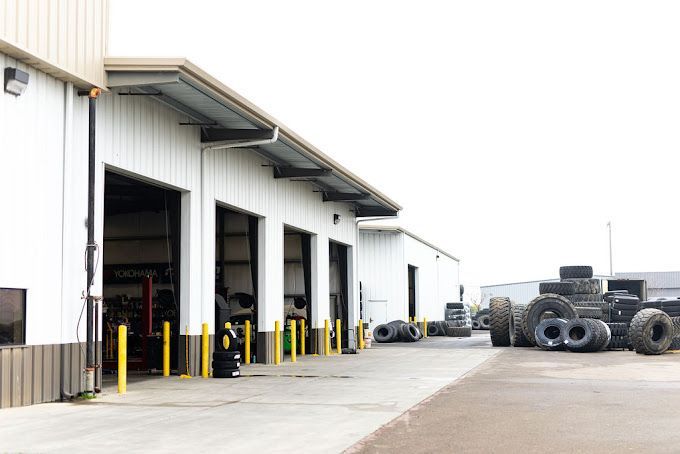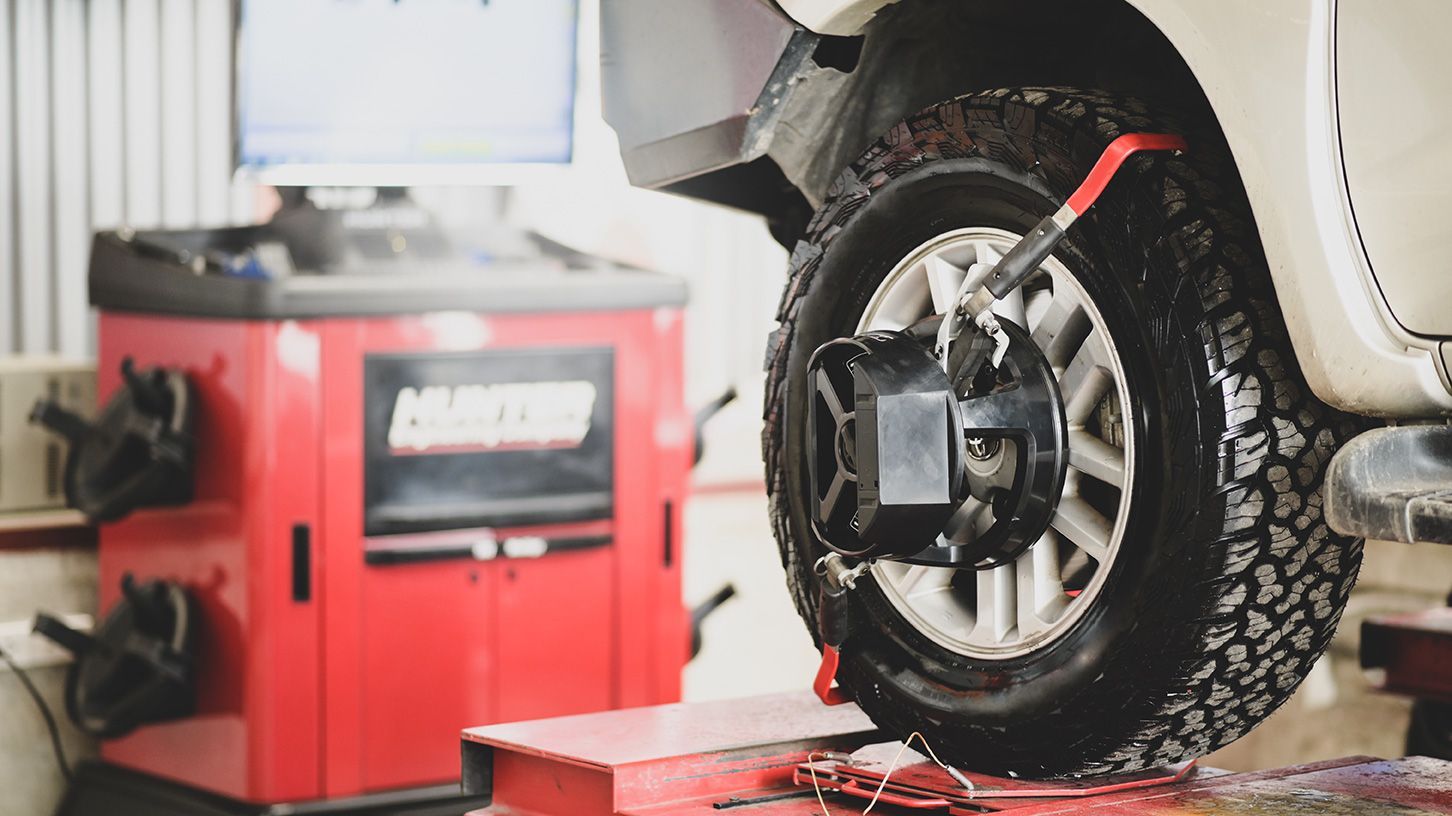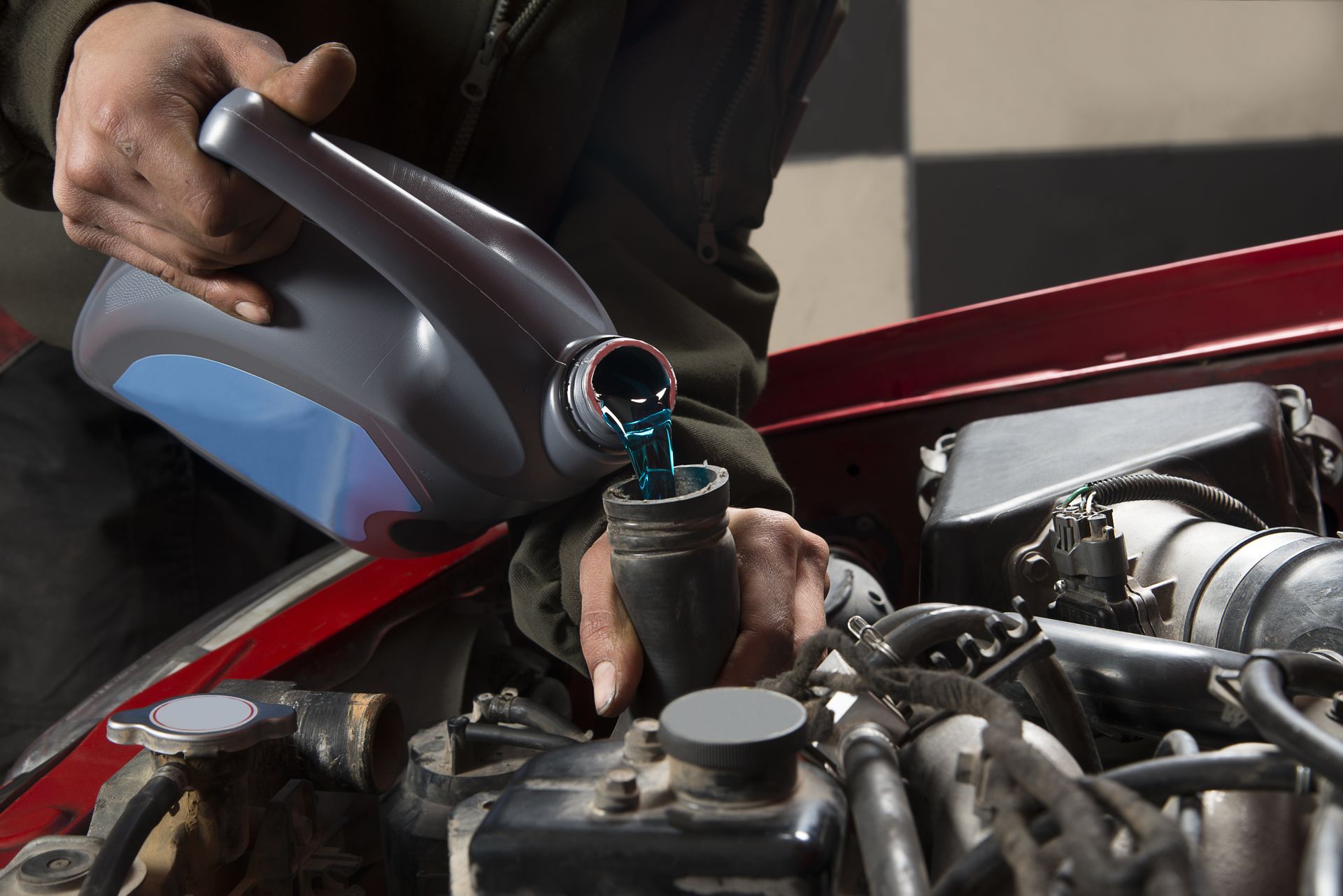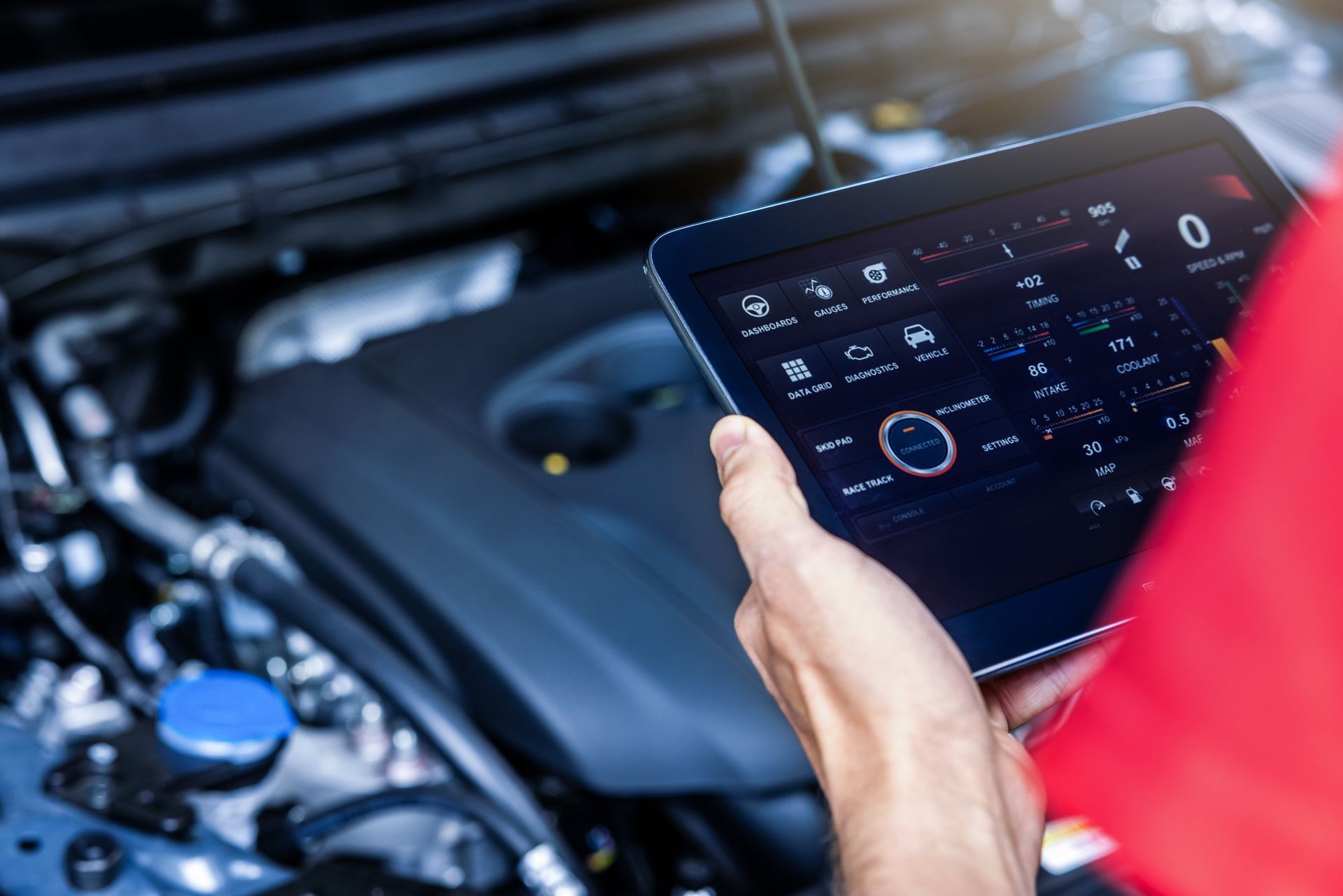How Tires Can Affect Fuel Efficiency
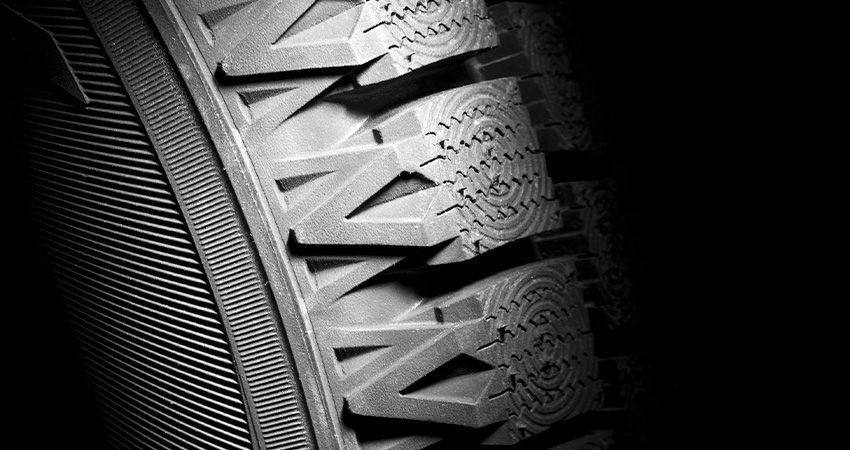
How Tires Can Affect Fuel Efficiency
Did you know that your tires can impact your vehicle's overall fuel efficiency and decrease your MPG if they are not properly maintained? With rising gas prices, our team at Lee's Service has taken some time to outline how tire pressure and the type of tire on your vehicle can affect your vehicle's fuel efficiency.
Tire Type & Size
The type of tire you choose for your vehicle can also impact your MPG. Smaller tires decrease fuel consumption while larger tires increase fuel consumption.
If you make changes to your tires, such as increasing your wheel or tire size, you should also have your speedometer recalibrated. Changes in tire size that are larger in total diameter than the original tires that came on the vehicle will increase your gas mileage and cause your speedometer to read incorrectly showing that you are going slower than you actually are. Going smaller than what your vehicle originally came with can have a like effect but in reverse. These kinds of changes will modify your overall fuel efficiency and should be taken into account when making changes to your wheels or tires.
If you choose to change your wheels to a larger size, a way to compensate for this change in speed management and fuel consumption, is to choose a tire with a similarly reduces sidewall to the increase in wheel size. An example would be if you increase your wheel by one inch overall then your tires should decrease by close to one inch overall to maintain this delicate balance.
Tire Pressure
A simple task such as maintaining the pressure in your tires can save you money at the pump. Although most modern vehicles are equipped with a tire pressure monitoring system or TPMS, it’s important to note this system only triggers a dashboard light if the tires drop below 25% of the recommended PSI.
To achieve maximum fuel efficiency, it’s recommended that the vehicle's tire pressure is monitored manually and maintains a PSI that is between 1 and 3 points of the manufacturer's recommendation for your vehicle's tires. The average recommendation for the majority of passenger and light truck tires is 35 PSI.
Stop by Lee's Service and see us for your next set of fuel-efficient tires or contact us for more advice on how you can save at the pump this Fall.

REEDLEY
1445 I St, Reedley, CA 93654
559-638-3535
- Mon - Fri
- -
- Saturday
- -
- Sunday
- Closed
Christmas Eve & New Years Eve - 7:30 - 12 pm
Christmas & New Years Day - Closed
Get Directions
FRESNO
5774 Toyota Pl, Fresno, CA 93725
559-276-3535
- Mon - Fri
- -
- Saturday
- -
- Sunday
- Closed
Christmas Eve & New Years Eve - 7:30 - 12 pm
Christmas & New Years Day - Closed



